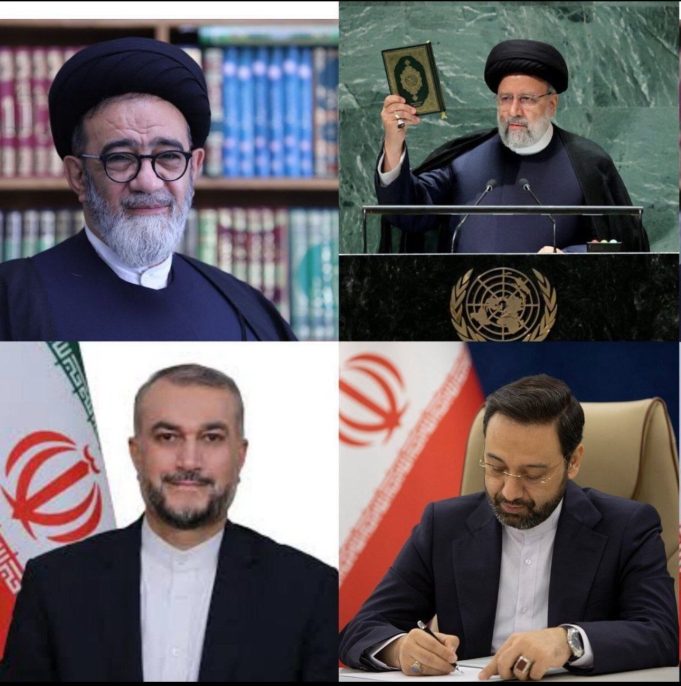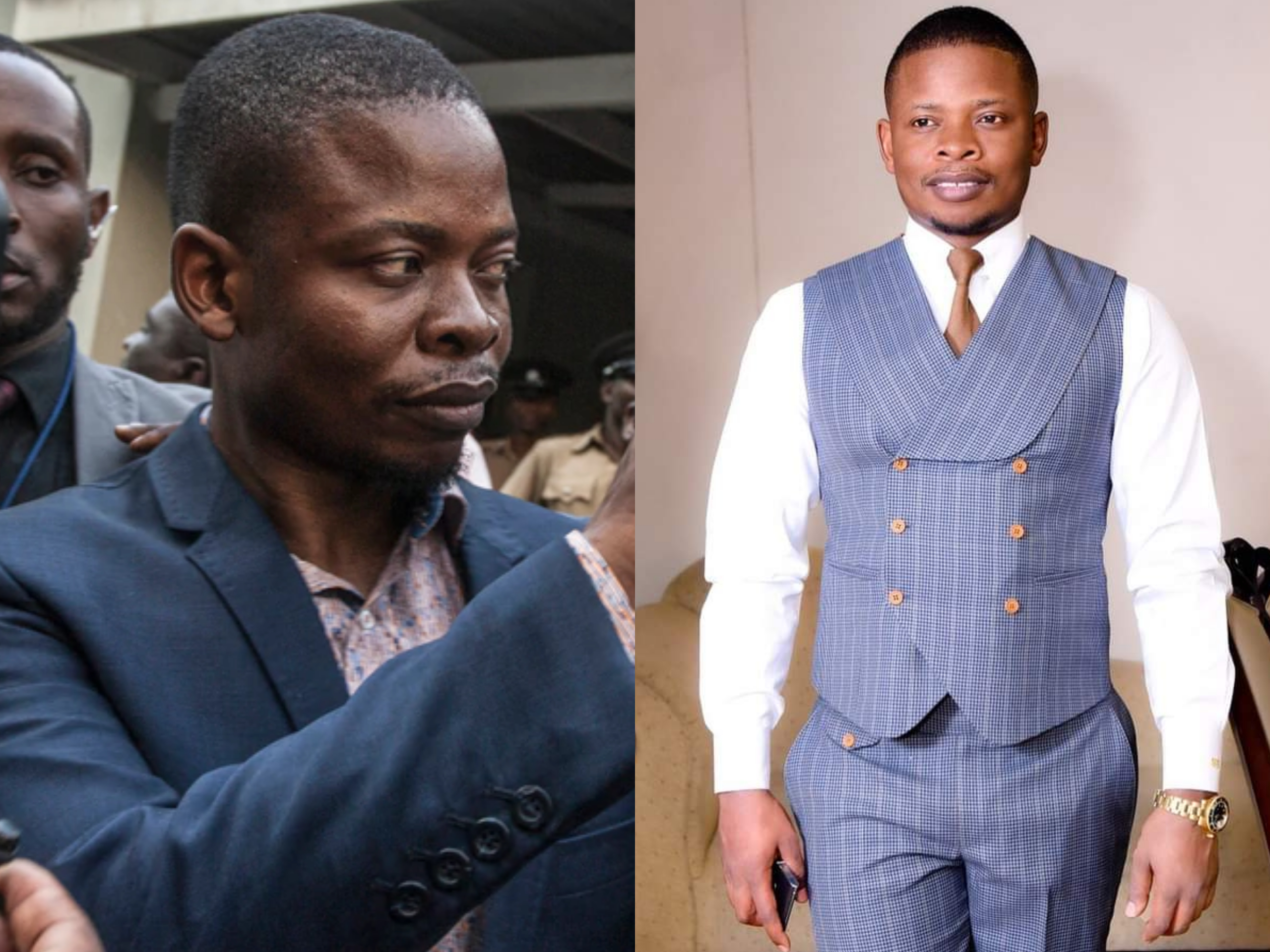Iranian President Ebrahim Raisi, a hardliner viewed as a likely successor to Supreme Leader Ayatollah Ali Khamenei, died in a helicopter crash near the Azerbaijan border, officials and state media reported on Monday. The crash, which occurred on Sunday, left the helicopter’s wreckage charred and scattered in mountainous terrain, discovered early Monday after an overnight search in harsh blizzard conditions.
“A senior Iranian official confirmed that Raisi, the foreign minister, and all passengers aboard the helicopter were killed,” although the official requested anonymity due to the sensitivity of the situation. Raisi’s death was subsequently confirmed by Vice President Mohsen Mansouri on social media and state television.
State TV showed images of the aircraft having collided with a mountain peak, but the cause of the crash remains unclear. The state news agency IRNA identified the helicopter as a U.S.-made Bell 212.
Raisi, 63, became president in 2021 and was known for tightening morality laws, harshly suppressing anti-government protests, and aggressively negotiating in nuclear talks with world powers. Supreme Leader Ayatollah Ali Khamenei reassured the public that state affairs would continue uninterrupted.
Rescue teams battled severe weather and treacherous terrain overnight to locate the wreckage. The head of Iran’s Red Crescent, Pirhossein Kolivand, told state TV that no signs of life were found among the passengers. National broadcaster interrupted regular programming for prayers in Raisi’s memory.
Footage showed rescue teams in bright jackets and head torches navigating a dark mountainside in a blizzard. Various countries expressed concern and offered help, with U.S. President Joe Biden being briefed, China expressing deep concern, and the European Union offering emergency satellite mapping technology.
The crash occurred amid growing internal dissent in Iran over political, social, and economic issues. The country’s leaders also face international pressure over its nuclear program and military ties with Russia during the Ukraine war. Additionally, tensions have risen in the Middle East following attacks by Iran’s ally Hamas on Israel.
Iran’s dual political system is divided between the clerical establishment and the government, with Supreme Leader Khamenei holding ultimate authority over major policies. Raisi was widely seen as a strong candidate to succeed Khamenei, who supported Raisi’s policies. Raisi’s election in 2021 consolidated hardliner control after eight years under pragmatist Hassan Rouhani, who had negotiated a nuclear deal with global powers.
Raisi’s visit to the Azerbaijani border on Sunday was to inaugurate the Qiz-Qalasi Dam, a joint project. Azerbaijani President Ilham Aliyev, who had met with Raisi earlier in the day, offered assistance with the rescue efforts.




































